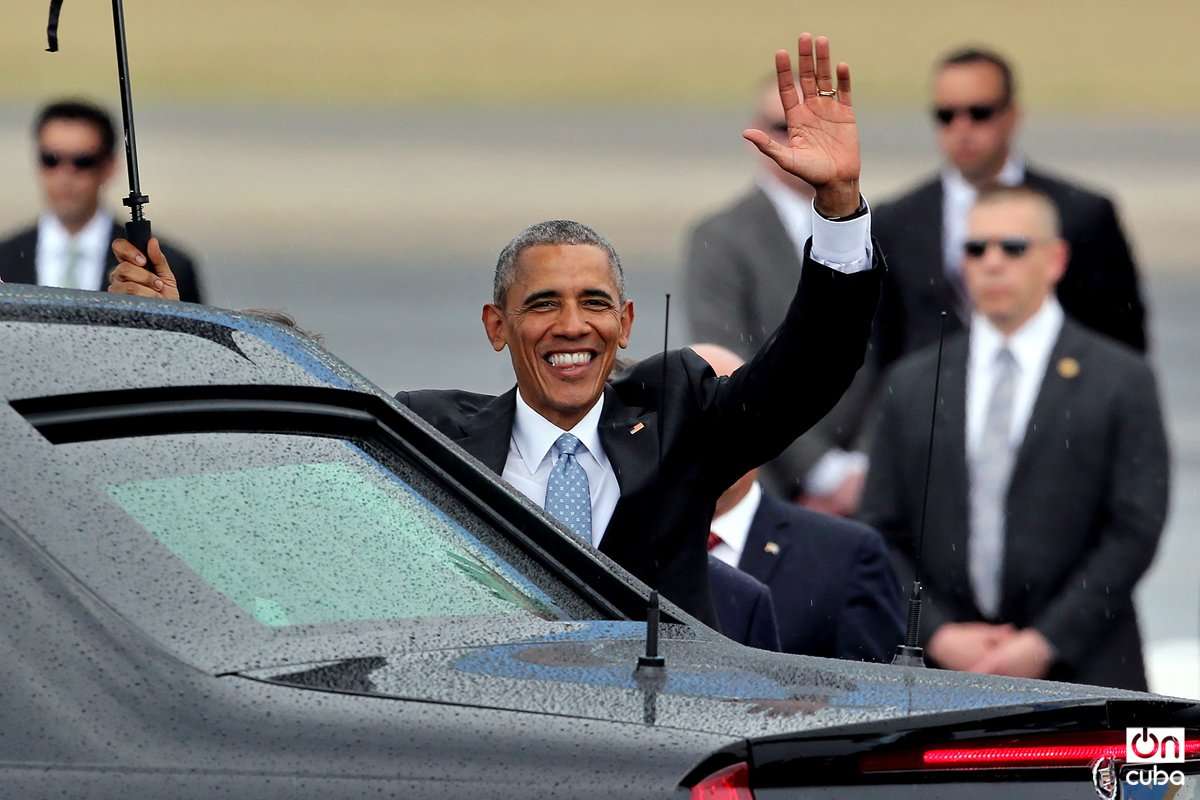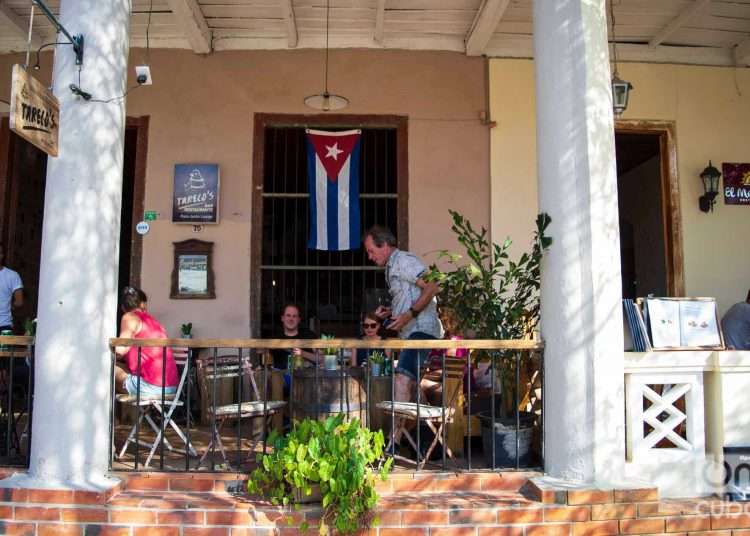There is one aspect of U.S. policy toward Cuba—and only one—that Presidents Barack Obama, Donald Trump and Joe Biden all agreed on: supporting Cuba’s private business sector. Ever since the Cuban government legalized small businesses in the 1990s, Washington has seen the private sector as an actor that could move Cuba toward a more open economy and, as it gains economic power, toward more democratic politics. Last May, President Biden promised to increase U.S. support for independent Cuban entrepreneurs, but he has not actually done much so far.
The Cuban government’s attitude toward the private sector (or “non-state” sector, including cooperatives as well as private businesses) has been ambivalent. In 1968, seeking a shortcut to communism, Fidel Castro ordered the seizure of more than 55,000 small private shops and banned all private businesses except family farms. For the next two decades, the only private entrepreneurs in Cuba were black marketeers.
In the 1990s, after the collapse of the Soviet Union threw Cuba into deep depression, Castro grudgingly legalized some forms of self-employment (cuentapropismo) because the state could no longer provide jobs for all. But Castro saw the re-emergence of private business as a concession to capitalism and tied the sector up with so much regulatory red tape that it remained economically marginal.
Raúl Castro, by contrast, saw the private sector as a dynamic element in his broader economic reform plan to shift the Cuban economy from Soviet-style central planning to a socialist market economy. He widened the scope of businesses allowed, relaxed some regulations, and—perhaps most important—acknowledged the legitimacy of the private sector as a permanent and important part of the economy.

In 2019, Cuba’s new constitution explicitly recognized the right of private property and in 2021, the government passed a law giving private businesses clear legal standing. As a result of this liberalization, the number of private businesses in Cuba has increased dramatically, today employing a third of the labor force.
The impact of U.S. policy on Cuba’s private sector has had its ups and downs as well. When President Obama announced his intent to normalize relations, his first regulatory changes relaxing the embargo focused on helping the private sector. The changes allowed for U.S. micro-finance and business training programs for Cuban entrepreneurs and legalized the import of privately produced goods.
When Obama visited Cuba in 2016, he met with a group of Cuban entrepreneurs, praising their ingenuity and declaring, “America wants to be your partner… America wants to help you take off.”

But the re-imposition of economic sanctions by President Trump took a heavy toll on Cuba’s private businesses, despite the fact that his stated policy was to “encourage the growth of a Cuban private sector independent of government control.” Restrictions on travel and remittances deprived Cuban businesses of customers and capital. In a 2019 survey of 126 private businesses in Havana, only about a quarter of which were directly connected to tourism, 80% said their businesses had been negatively impacted by Trump’s sanctions.
Biden’s Cuba policy
Cuban entrepreneurs celebrated Biden’s election because he promised to return to Obama’s engagement policy. “It’s really good news for the entrepreneur community in Cuba,” said business consultant Oniel Díaz, “The private sector was one of the hardest hit by the Trump administration’s Cuban policy.” But when Biden did nothing to change Trump’s policy during his first year in office, some 250 Cuban businesses and entrepreneurs wrote an open letter urging him to “resume the path of engagement and normalization.”

Biden finally announced a Cuba policy in May 2022, including a pledge to “increase support for independent Cuban entrepreneurs.” But he has yet to take the practical steps necessary to make that pledge a reality. Here’s what needs to be done:
- Help Cuban entrepreneurs build and strengthen their supply chains by restoring the five-year multiple entry non-immigrant visa, and eliminating the limits on the value of gift parcels that can be sent to Cuba. These steps would enable private entrepreneurs to more easily travel to the United States to obtain the supplies and equipment needed for their businesses.
- Facilitate financial transactions by restoring the Treasury Department license for U-turn international transactions, and allowing Cuban entrepreneurs to open bank accounts and establish corporate entities in the United States. Finance is the lifeblood of commerce. These steps would enable Cuban businesses to more easily engage in financial transactions to buy and sell goods and services in the United States and abroad, opening foreign markets for them.
- Facilitate Cuban entrepreneurs’ access to e-commerce, including electronic payments, by lifting the existing prohibitions on the use of commercial internet applications in Cuba. Access to these services is crucial for small businesses trying to reach a wider audience of potential customers, and for managing payments, especially for suppliers or customers outside Cuba.
- Increase direct support by authorizing general licenses to provide business-to-business services, micro-finance grants, loans and investments. Such support is currently allowed only if a potential provider applies for and obtains a specific license from Treasury. Issuance of general licenses would significantly increase the speed and ease with which such support could be deployed.

In the past, the Cuban government blocked foreign support for the emerging private sector, but that attitude is changing. “The U.S. government… intends to promote the Cuban private sector… as an instrument of political subversion,” Vice-Foreign Minister Carlos Fernández de Cossio charged last December. But, he added, “If this allows for greater prosperity in any sector of the Cuban economy, we are not going to stand in the way.”
With the door in Havana open to U.S. support for the private sector, and Cuban entrepreneurs badly in need of help to recover from the crippling effects of Trump’s sanctions and the COVID-19 pandemic, President Biden has a unique opportunity to make good on the promise he made last May. Modest steps can have major impact, benefiting not only Cuban businessmen and women, but, through multiplier effects, raising the standard of living of thousands of Cuban families.
__
LeoGrande is professor of government at American University in Washington, DC, and co-author with Peter Kornbluh of Back Channel to Cuba: The Hidden History of Negotiations between Washington and Havana (University of North Carolina Press, 2015)









